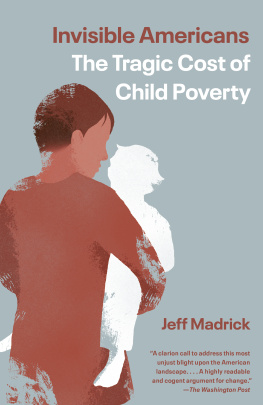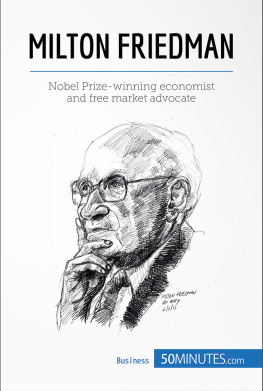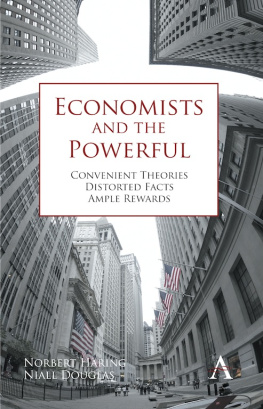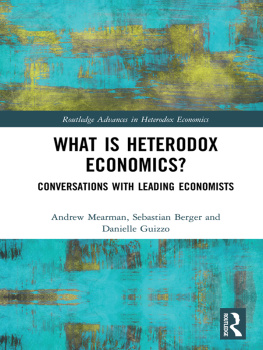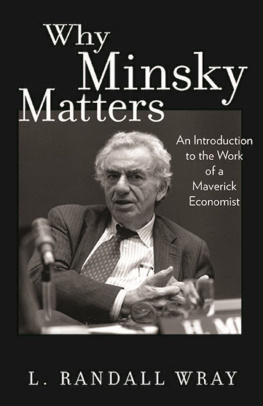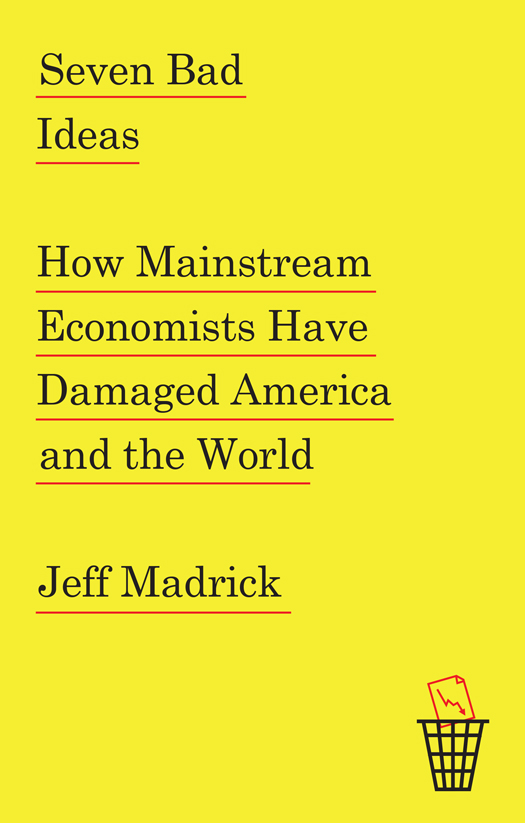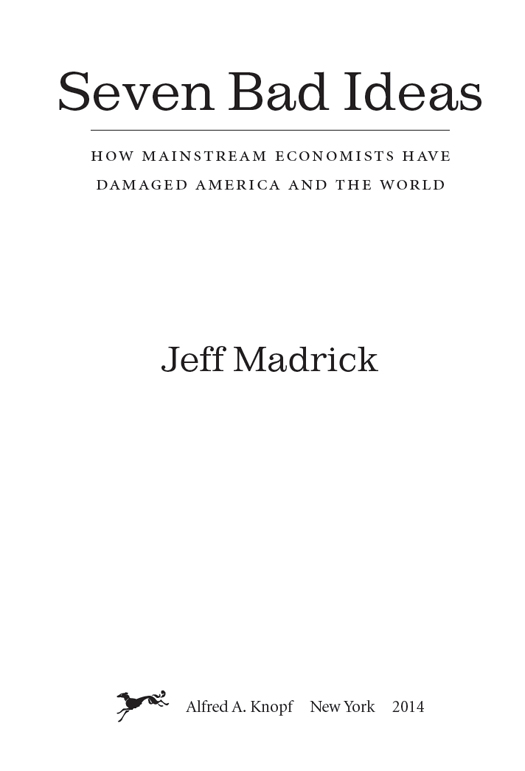Jeff Madrick - Seven Bad Ideas: How Mainstream Economists Have Damaged America and the World
Here you can read online Jeff Madrick - Seven Bad Ideas: How Mainstream Economists Have Damaged America and the World full text of the book (entire story) in english for free. Download pdf and epub, get meaning, cover and reviews about this ebook. year: 2014, publisher: Knopf, genre: Politics. Description of the work, (preface) as well as reviews are available. Best literature library LitArk.com created for fans of good reading and offers a wide selection of genres:
Romance novel
Science fiction
Adventure
Detective
Science
History
Home and family
Prose
Art
Politics
Computer
Non-fiction
Religion
Business
Children
Humor
Choose a favorite category and find really read worthwhile books. Enjoy immersion in the world of imagination, feel the emotions of the characters or learn something new for yourself, make an fascinating discovery.

- Book:Seven Bad Ideas: How Mainstream Economists Have Damaged America and the World
- Author:
- Publisher:Knopf
- Genre:
- Year:2014
- Rating:4 / 5
- Favourites:Add to favourites
- Your mark:
Seven Bad Ideas: How Mainstream Economists Have Damaged America and the World: summary, description and annotation
We offer to read an annotation, description, summary or preface (depends on what the author of the book "Seven Bad Ideas: How Mainstream Economists Have Damaged America and the World" wrote himself). If you haven't found the necessary information about the book — write in the comments, we will try to find it.
Budget deficits are bad. A strong dollar is good. Controlling inflation is paramount. Pay reflects greater worker skills. A deregulated free market is fair and effective. Theories like these have become mantras among American economists both liberal and conservative over recent decades. Validated originally by patron saints like Milton Friedman, theyve assumed the status of self-evident truths across much of the mainstream. Jeff Madrick, former columnist for The New York Times and Harpers, argues compellingly that a reconsideration is long overdue.
Since the financial turmoil of the 1970s made stagnating wages and relatively high unemployment the norm, Madrick argues, many leading economists have retrenched to the classical (and outdated) bulwarks of theory, drawing their ideas more from purist principles than from the real-world behavior of governments and marketswhile, ironically, deeply affecting those governments and markets by their counsel. Madrick atomizes seven of the greatest false idols of modern economic theory, illustrating how these ideas have been damaging markets, infrastructure, and individual livelihoods for years, causing hundreds of billions of dollars of wasted investment, financial crisis after financial crisis, poor and unequal public education, primitive public transportation, gross inequality of income and wealth and stagnating wages, and uncontrolled military spending.
Using the Great Recession as his foremost case study, Madrick shows how the decisions America should have made before, during, and after the financial crisis were suppressed by wrongheaded but popular theory, and how the consequences are still disadvantaging working America and undermining the foundations of global commerce. Madrick spares no sinners as he reveals how the Friedman doctrine has undermined the meaning of citizenship and community, how the Great Moderation became a great jobs emergency, and how economists were so concerned with getting the incentives right for Wall Street that they got financial regulation all wrong. He in turn examines the too-often-marginalized good ideas of modern economics and convincingly argues just how beneficial they could beif they can gain traction among policy makers.
Trenchant, sweeping, and empirical, Seven Bad Ideas resoundingly disrupts the status quo of modern economic theory.
Jeff Madrick: author's other books
Who wrote Seven Bad Ideas: How Mainstream Economists Have Damaged America and the World? Find out the surname, the name of the author of the book and a list of all author's works by series.

